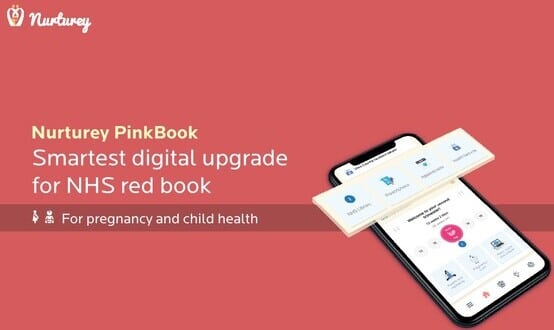A capital deal
- 13 April 2010

The new deal, known as CCN3, has removed the provision of GP solutions. The GP Systems of Choice framework will now pick up the tiny number of systems deployed under BT’s contract.
The move, widely predicted and first reported in EHI Primary Care in 2008, confirms that the 2003 vision of providing single systems through LSPs is dead, at least in London and the South (where there was never a contract to deliver a GP solution).
The situation is different In the North, Midlands and East, where more than 1,000 TPP SystmOne systems have been provided under the LSP contract.
However, it is just possible to imagine NME practices switching to GPSoC, depending on the outcome of the contract negotiations with LSP CSC, which were thrown into uncertainty when University Hospitals of Morecambe Bay NHS Trust to go live with iSoft’s Lorenzo system at the end of March.
Slow, slow, stop stop
In London, BT always struggled to make headway with GP systems. By the summer of 2008, it had managed to deploy just 85 Vision systems from INPS.
Around the same time, the London Programme for IT started to refocus its ambitions for the capital on providing a shared patient record through integration between the ‘best of breed’ systems being deployed to the primary care, community and acute sectors.
LPfIT decided that since the vast majority of London practices were already on EMIS or INPS under the GP Systems of Choice framework there was little point in offering the system outside of the initiative.
Approximately 1,100 practices in the capital are EMIS users and another 300 are INPS users under GPSoC. The remainder, just under 10% of the total, are on other systems.
Yet the new deal with BT also abandons plans for a London-specific shared patient record. Instead, NHS London will focus on using the national Summary Care Record, which it wants to see rolled out to all patients in the capital who want one by the end of the year.
London GP Dr Paul Cundy, a former chairman of the RCGP and BMA Joint IT Committee, who vocally campaigned for system choice, believes CCN3 is good news for the capital’s 1,500 practices and sheds no tears for the loss of the Londonwide shared patient record.
“I’m pleased that they are not going to waste money on something that’s never going to be deliverable,” he says.
Messaging options
LPfIT’s 2008 plan was for BT to develop an integration engine to enable its ‘best of breed’ solutions to interoperate – EMIS and INPs for primary care, RiO for community, child health and mental health and Cerner Millenium for the acute sector.
Dr Cundy says he wants electronic communication with hospitals across London to deliver discharge summaries, referral information and results, but believes point to point messaging can do the job.
“Systems like Path Links, which we also use for x-rays as well as pathology, may not be the latest state of the art technology or generate enormous fees for management consultants – but they work,” he adds.
Dr Cundy believes the SCR will “never be a safe way to share information,” pressing the case for messaging systems instead.
However, Dr Grant Ingrams, current co-chair of the Joint IT Committee, believes a summary record – including the initial upload of allergies and medications plus a summary of morbidities – would be useful.
He says: “There will be choice about what goes into it and what’s left out so those using it will need knowledge and training about how to use it but I think it could be as useful as anything else if its added to by all sides.”
Like Dr Cundy though, Dr Ingrams welcomes the move to abandon the creation of a London Shared Patient Record and argues the creation of “one colossal record” would be bad for patient care.
He also would have liked NHS London to go much further and to scrap the entire LSP programme, leaving London hospitals free to choose systems on the basis that they would interoperate with the rest of the health service.
So far, the contract reset has scaled back but not stopped the number of Cerner Millennium implementations in the acute sector.
It has also placed some limitations on the community and mental health contracts, although LPfIT has told EHI Primary Care that any trust that wants RiO can have it. The cast majority of primary care trusts, 29 out of 31, have already got RiO – and those without it have made a deliberate decision not to deploy the system.
Dr Ingrams would also like to see the LSP deal scrapped in the NME, with the NHS freed from the need to take LSP systems and the GP LSP systems moved onto the GPSoC framework.
He argues: “The vision within the LSP contracts was never workable and it was never what general practice wanted or needed.”



